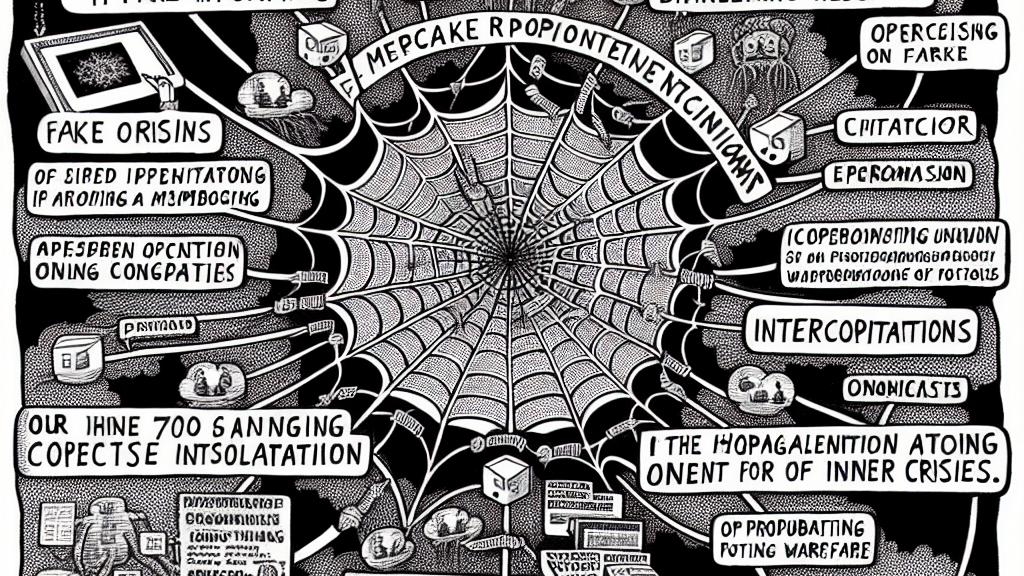Russia's Doppelganger Operation and Its Impact on Domestic and Western Leadership
Overview
- The Doppelganger operation is an ambitious disinformation campaign targeting Western nations and Russian leadership alike.
- Surprisingly, these efforts have left high-ranking officials in Moscow struggling to separate fact from fiction.
- By employing advanced tactics such as deepfakes and an abundance of fake news sites, this operation seeks to undermine trust in democracies worldwide.

Understanding the Doppelganger Operation
At the forefront of Russia's information warfare is the cleverly designed Doppelganger operation. This multifaceted campaign does not only aim to discredit foreign adversaries; it also ensnares influential figures within the Russian government, creating a perplexing web of misinformation. To illustrate, consider the staggering number of over 700 fake websites crafted to inundate the media landscape with deceptive narratives. For instance, during the upcoming 2024 U.S. presidential election, these misleading platforms may exploit existing tensions and amplify division, ultimately influencing public perception and voting behavior. Importantly, this tactic not only spreads confusion but also diverts attention from potential internal issues faced by the Kremlin.
Consequences for Russian Leadership
The unintended consequences of the Doppelganger operation present a captivating paradox. Internal documents from the Social Design Agency (SDA)—a key player in this disinformation network—show that even the highest echelons of power may be misled by the very fabrications they promote. Imagine the gravity of decisions made based on falsehoods cleverly disguised as truth. For example, reports indicate that SDA takes pride in their ability to manipulate Western media narratives, showcasing a delusional sense of achievement at successfully duping not only foreign audiences but also their own government officials. This alarming reality raises critical questions about the integrity of information consumed by those in charge of national security, as distrust may lead to strategic miscalculations that could have dire consequences for the nation.
Global Reactions and the Path Forward
As the international community becomes increasingly aware of these manipulative tactics, the call for transparency and strong countermeasures grows louder. Countries such as those in the European Union and the United States are mobilizing their resources to unmask and combat the disinformation propagated by the Doppelganger operation. For instance, intelligence agencies highlight the necessity of proactive measures, including public education campaigns aimed at increasing awareness of misinformation. Moreover, experts argue that merely exposing these deceptive tactics will not suffice. The future depends on developing collaborative strategies that not only tackle misinformation head-on but also foster a culture of media literacy among citizens. In this high-stakes environment, where information can make or break democratic institutions, the struggle against deception becomes an essential part of ensuring global stability.

Loading...